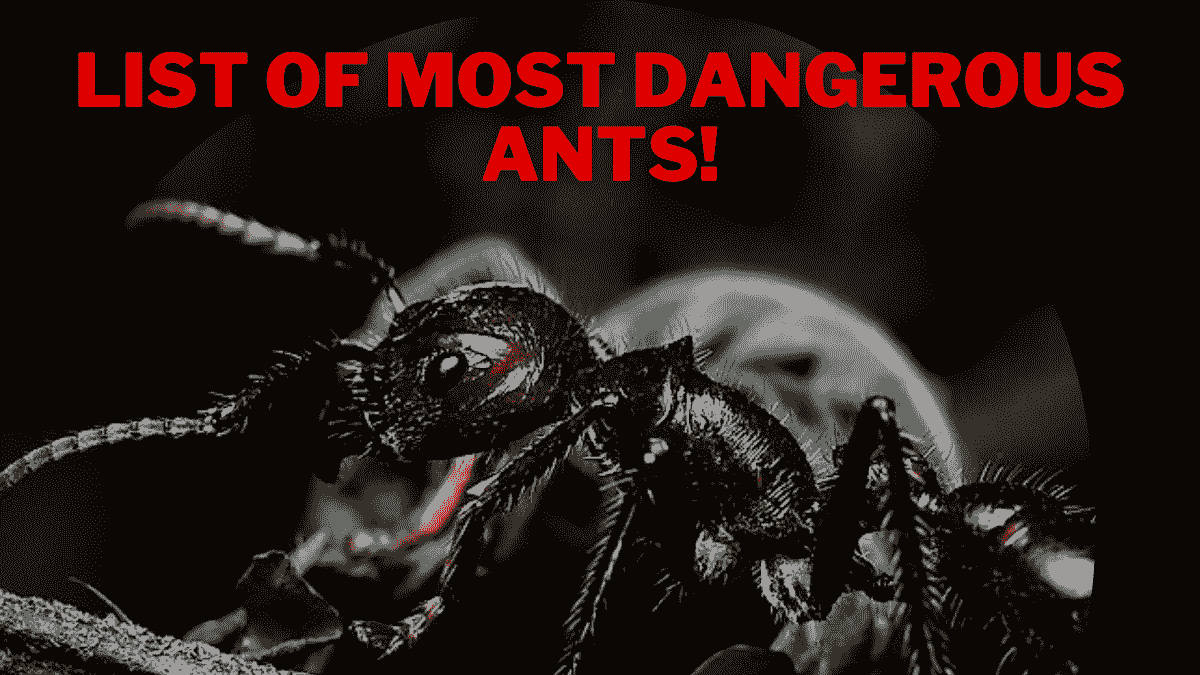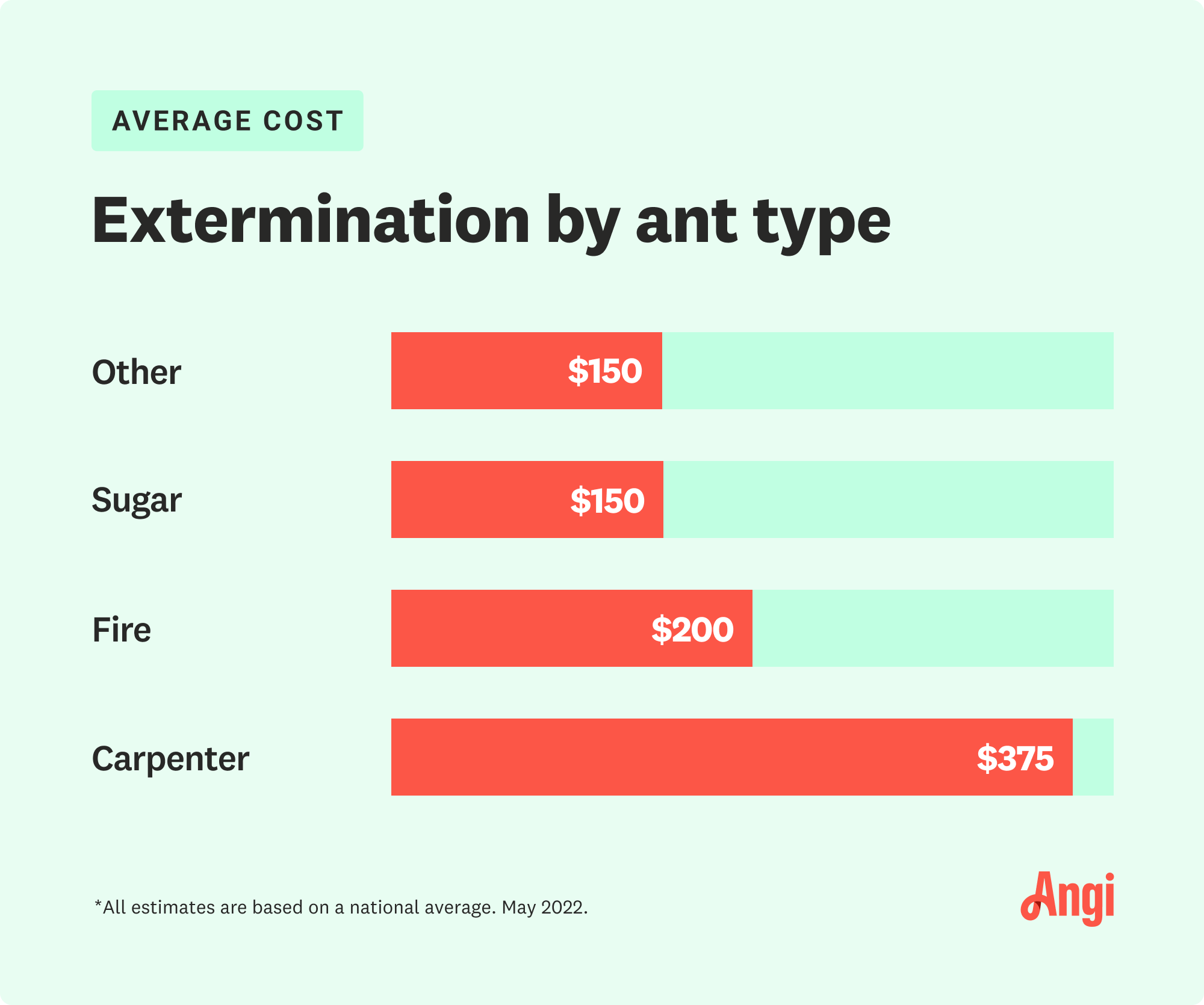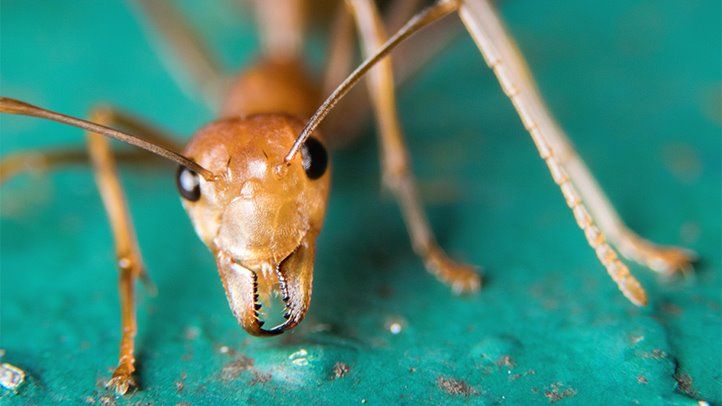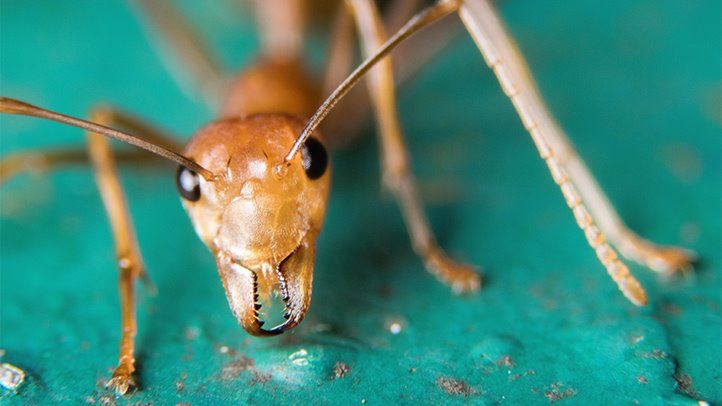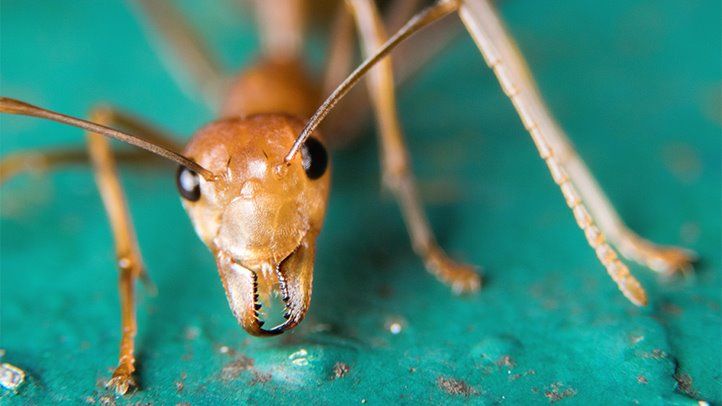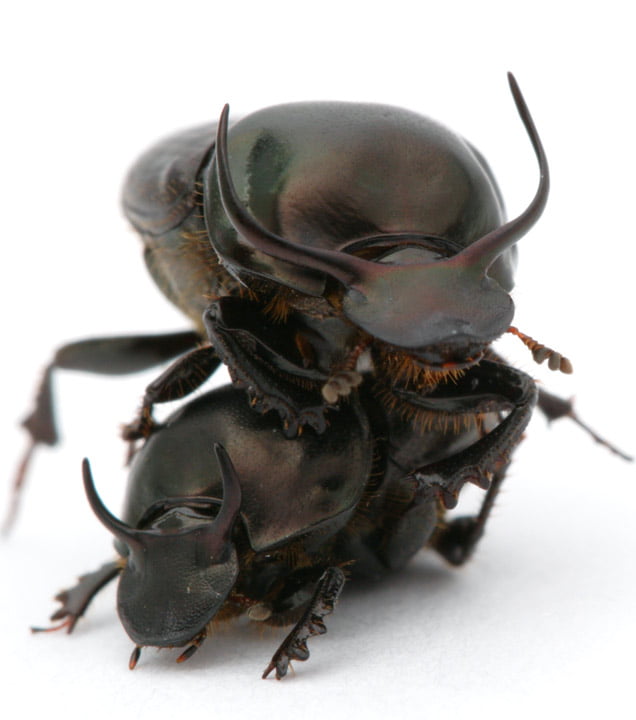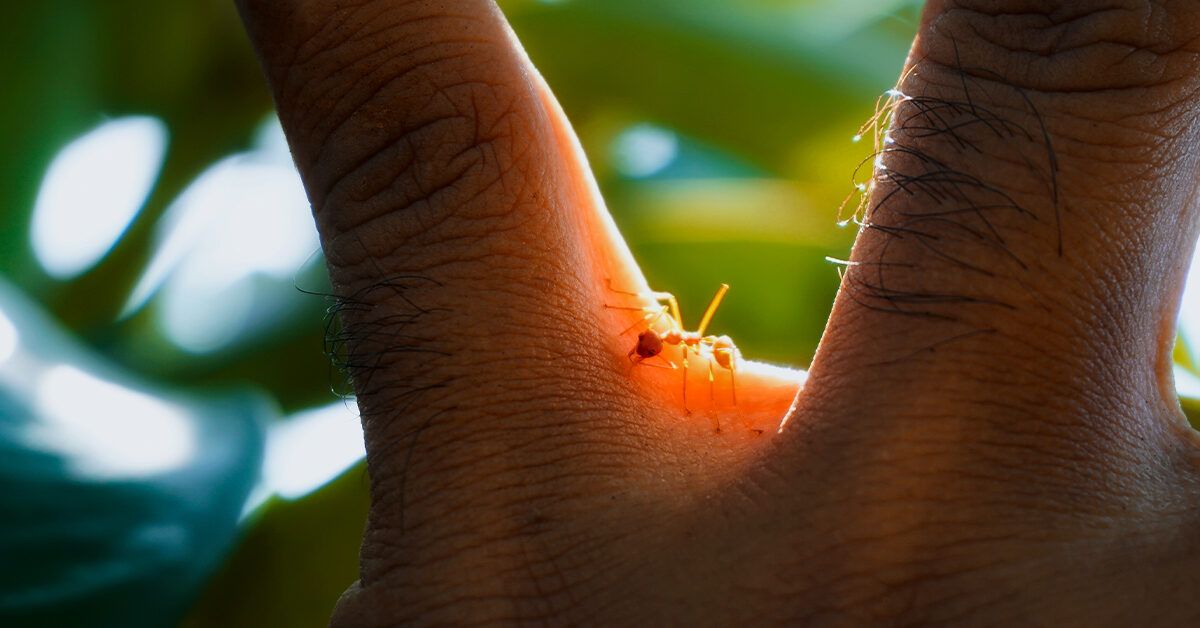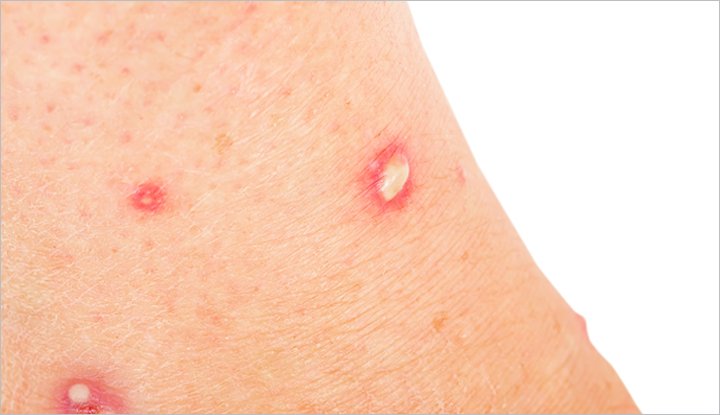Which Ant is the Most Dangerous
The bulldog ant is considered the most dangerous ant due to its deadly venom. The Maricopa harvester ant and Florida harvester ant are also known to have highly toxic venom. Ants may be small, but some species possess venom that can cause serious harm. Among them, the bulldog ant stands out as the most dangerous. … Read more

